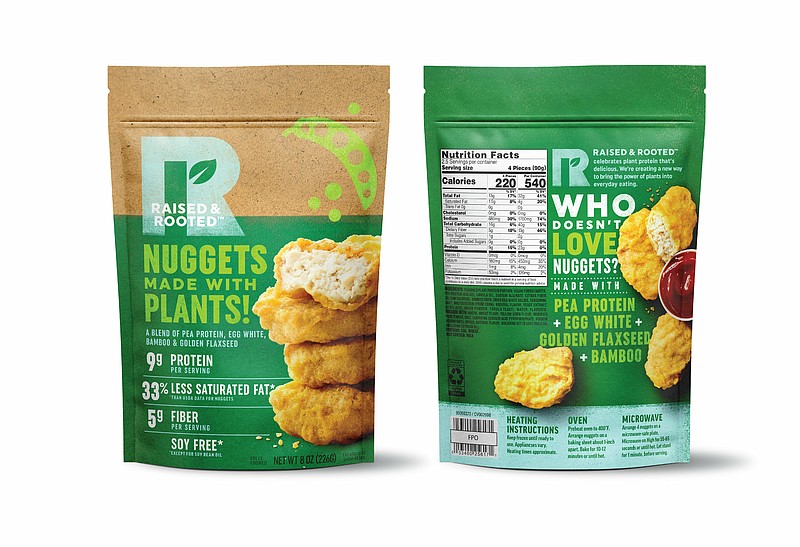Protein is a macro-nutrient that is essential for our bodies. It has a variety of functions and is vital to the structure and function of muscles, tendons. blood vessels, hair, skin and nails. It also plays a role in hormones, cells and the immune system.
Our bodies are not able to make all proteins; therefore, we must consume them through foods. Protein is found in a variety of foods from plant and animal sources. Meat, poultry, fish, eggs and dairy (milk, cheese, yogurt) are great sources of animal protein. Beans, lentils, nuts, seeds, soy and even whole grains are good sources of plant-based proteins. While animal proteins are considered higher quality proteins, it is feasible to meet protein needs through plant sources alone and can even be beneficial for heart health.
How much protein do we need?
Some evidence shows a higher protein diet can aid in weight loss, but "high" protein may not be as high as you think. Aim for consuming about half of your body weight in grams of protein (150 pounds = 75 grams protein) or 25-30 grams of protein per meal and try to spread protein intake out evenly throughout the day.
Protein supplements are often marketed for meal replacement and muscle growth. While protein powders and bars offer convenience and can fit into a balanced diet, they are not necessary and can be pricey. It is possible to meet protein recommendations through diet alone.
Protein is an essential nutrient for many functions in the body. Consuming adequate protein from a variety of sources can help us maintain ultimate health.
Rachel Hughes is a dietitian with SSM Health-St. Mary's Hospital in Jefferson City.

